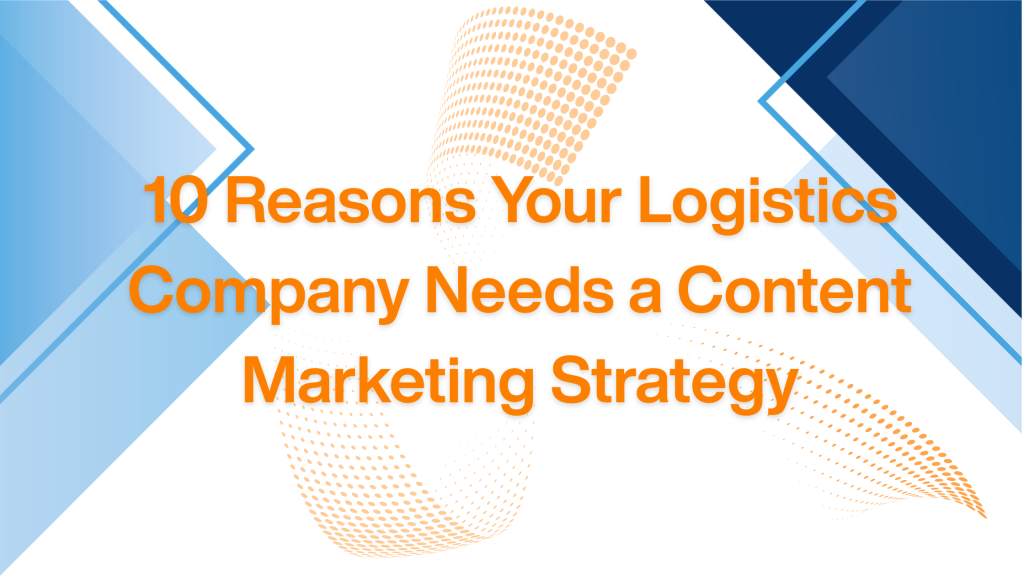One of the biggest buzzwords in all of business is “Big Data”. Not surprisingly, both shippers and logistics services providers are scrambling to keep up and figure out ways to use big data and related technologies to help their logistics operations. No one wants to get left behind.
Yet, while this blog is obviously pro-technology and innovation, it’s clear big data doesn’t have a place yet in logistics – and it may never.
The first problem is all that hype and pressure to keep up has left most companies at a standstill. No one knows how to get started.
The second, and bigger problem, is that most companies don’t have enough data for it to be “Big”.
Chances are your company’s data is medium at best, but for most it’s just plain tiny. True big data requires hundreds of thousands, or millions of related data points to generate meaningful results.
For example, real big data is something large consumer goods companies do. Like tracking their customers’ purchases at thousands of stores where countless specific conditions and data points can be measured and accounted for. That scale of data “richness” for logistics transactions doesn’t exist for any company, except for maybe a short list of the largest companies in the world.
But this okay, and it’s not to say data isn’t important. It is very important, the whole concept just needs a better name and more realistic expectations about what it can deliver. The good news is we already have a fitting term that describes the process for how the logistics industry can actually get value out of data. It’s called KPIs.
It’s not new or glamorous sounding, yet it’s far more accurate. Companies should expect more from the concept of Key Performance Indicators and be more creative it comes to how they’re used. Unfortunately for most companies, logistics KPIs start and end with measuring simple things such as on-time delivery performance or a few simple cost calculations.
There is far more to be gained, like the ability to better predict your customer’s buying patterns or signals one may be on their way out. It’s all in your data. These are the same principles that big data works on, except on a scale realistic to your company.
This type of analytics doesn’t have to be expensive and effective tools are surprising simple. For many, Excel is adequate. More powerful tools are also available at a low cost, or even free. Check out Tableau.com and IBM Watson.
Many 3rd party partners provide similar KPI reporting to their shippers as well. As an example, see what Zipline Logistics is doing with KPIs – here.
In the end, it’s important to not be intimidated by the hype surrounding big data. Get access to the data you can, and be grateful for it. Then, put it to work.
You can even call it big data if you want.
#BigData





